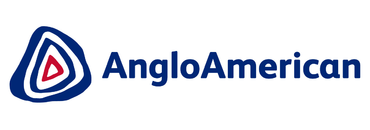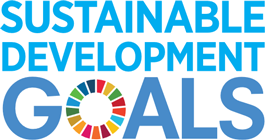What action can business take to make progress on SDG16?
Summary of Discussion
Q6: How can businesses best build credibility and trust when advocating for SDG16?
- Engage on issues people want to hear about
- Being open to reflecting weaknesses and challenges
- Genuinely seeking feedback from civil society and multi-stakholder collaboration
- It's about the businesses' leadership
- Avoid empty rhetoric and be open about own principles
- Set right company culture and "Walk the talk"
- Accountability and transparency with all stakeholders
Q5: How can businesses best promote inclusive, equal opportunities and representative decision-making?
- Lead by example: ensure internal diversity, inclusive recruitment policies and a suitable work culture
- Setting targets, measuring and benchmarking
Q4: Should business support in shaping government policy on societal issues?
Yes:
- Offering specific skill sets such as compliance tools, management know-how, training techniques, policy development and public communications
- Being a source of new technology and research
- Corporate leaders and the general public expect businesses to speak up on ESG issues
- In collaboration with civil society
Concerns:
- Need to ensure this support is in society's benefit, navigating the conflict with self-interest
- Need to ensure high levels of transparency in the process
- Need to ensure dialogue between government and businesses
Q3: Should business contribute to government capacity building?
Yes:
- in good co-ordination with government and civil society
- in connection with the wider SDG agenda
- in the anti-corruption and taxation space
- establishing continous dialogue
- from a sector/industry collaboration rather than businesses individually
Concerns:
- Multinational vs. National businesses - fear of global companies "setting the rules"
- Importance to recognize civil society's role
Q2: What does transparency from business look like on anti-corruption?
- Backed up by values and purpose, integrity and desire to be a force of good. Having a strong Code of Ethics embedded within the business.
- Having a good public disclosure record. Support public regulation on transparency. There needs to be willingness for business and government to hold people accountable.
- Whistleblowing, although challenging in developing countries' context.
- Giving clarity on who are the ultimate beneficial owners of the business.
- Moving towards transparency in management processes rather than declarations only.
Q1: What are some of the risk and opportunities for businesses that make SDG16 a priority? What should be the goals for business in this area?
- Risks: instability, public discontent, poverty, an uncompetitive private sector, all important challenges to long-term business.
- Opportunities: prioritizing SDG16 perpetuates economic growth. It also creates space for collaboration with governments to build peaceful and stable societies and to create an optimal environment for the wider SDG Agenda, and for future business. Progress in SDG16 translates in greater social wellbeing for the nation.
- Specific goals: reducing and preventing corruption / fostering tax payment transparency and accountability / support institutional training and policy courses / raising business standards in supply chain / ensure inclusive decision making at all levels / multi-stakeholder collaboration
Polls
Meet our Guest Contributors
Minerals Council
IBLF Global
Formerly DFID
Corruption Watch
USAID Southern Africa
Anglo American
World Bank Group
International Alert
United Nations South Africa
Session Moderator
Canada



